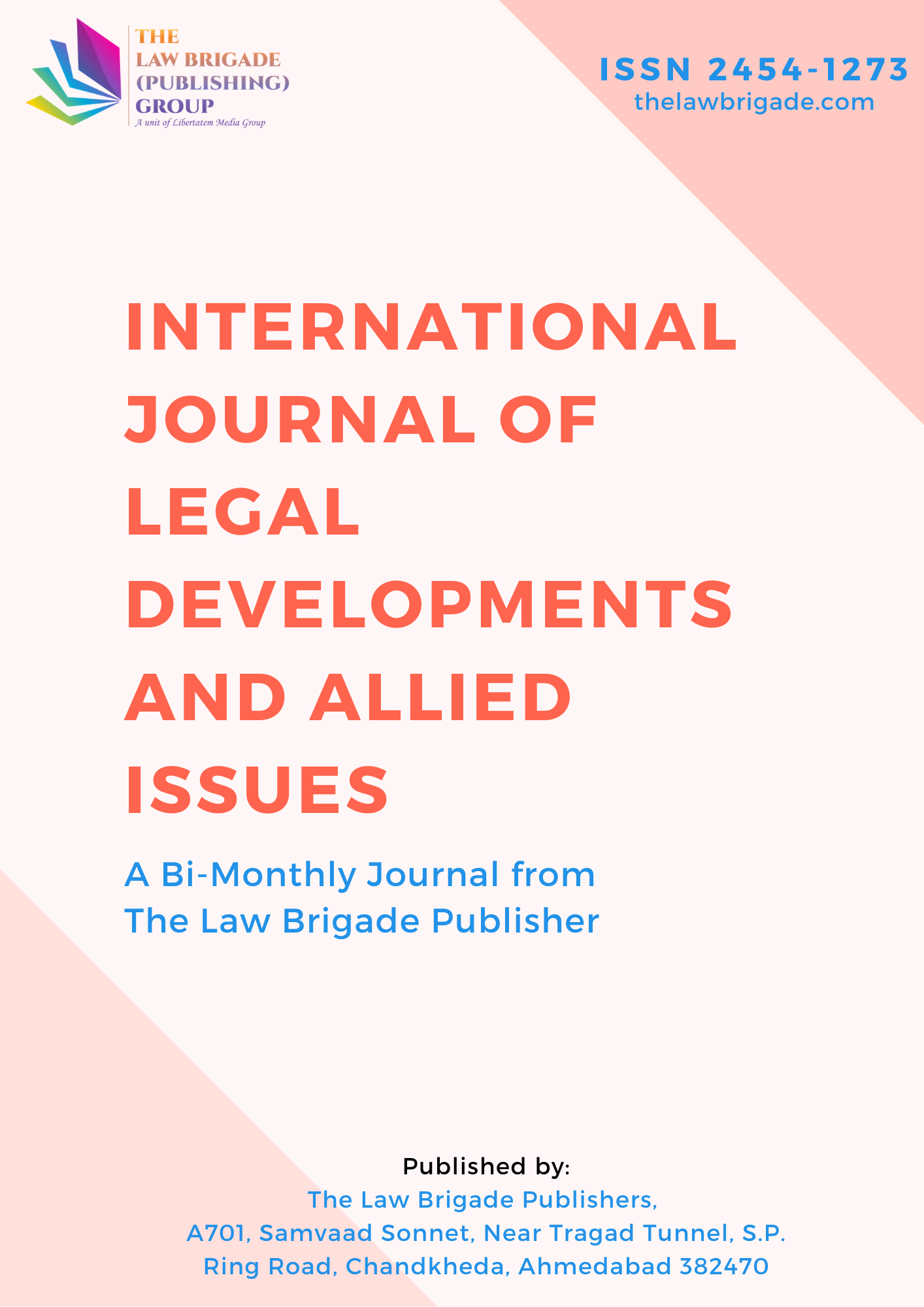This study explored the major causes of industrial disputes in Liberia through an empirical assessment. It revealed seven leading issues that traditionally give a rise to industrial disputes namely; wrongful dismissal, non-compliance with the laws and labour policies, alleged of committing crimes, lack of awareness of industrial relations rights and responsibilities, redundancy, failure to pay the employee benefits and alleged force retirement.
The research adopted a mixed mod method to reach its objectives. It had references and inferences to the case law, observations and empirical survey through questionnaires and interviews. The paper, therefore, concluded that a very high percentage of the respondents strongly agree and agree that the above-mentioned factors contribute to igniting Labour Dispute in Liberia. 63.6% strongly agree, 25.6% agree, 7.8% are indifferent and only 3.1% disagreed that wrongful dismissal was a prevalent cause of the Labour Dispute. However, 68.2%, representing 88% of respondents strongly agree that non-compliance with laws and labour policies and regulations constitutes one of the major factors that give a rise to industrial disputes in Liberia.
Further, 62% and 44.2 % of respondents strongly agree that refusal to pay employment-related benefits (salaries, pension, and payment in lieu of dismissal…) and redundancy was also considered among the leading causes of labour disputes in Liberia. The study recommended to the government to make sure that employment policies and labour laws and regulations are adhered to by all the stakeholders (The State, The employer, The Employees and their respective institutions; trade unions and employers organizations). It also recommended the introduction of Preventive Mediation Mechanism (PMM), which seeks to help avoid disputes through social dialogue and effective communications between the profit receivers and wages earners (Employer and Employees).





